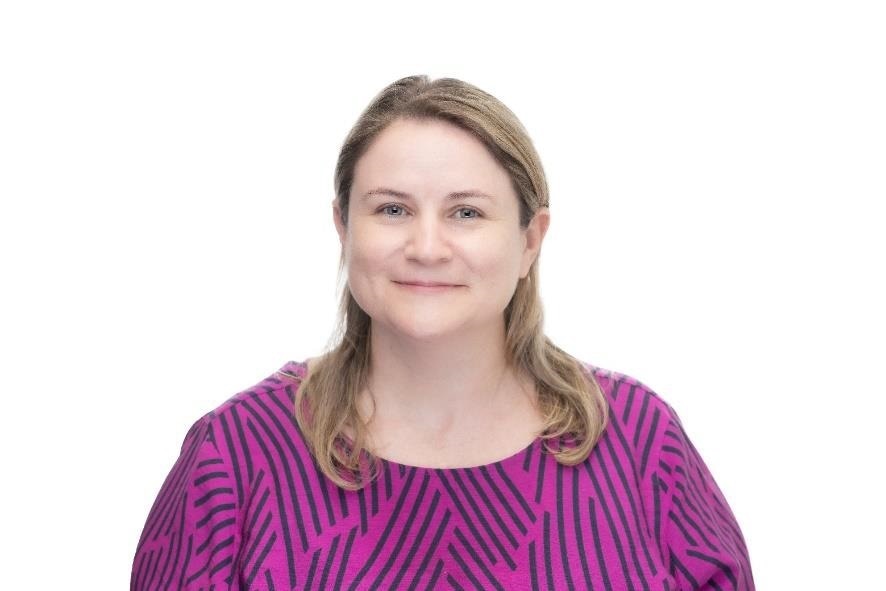A Queensland researcher will lead a new project aimed at improving the lives of people with aphasia, a debilitating condition that impacts one in three survivors of stroke.

Dr Jessica Campbell, University of Queensland researcher and recipient of the Lady Marigold Southey Aphasia Research Grant. Image Credit: Stroke Foundation
Dr Jessica Campbell has been awarded the inaugural Lady Southey Aphasia Research Grant of $99,869 over two years, as part of the Stroke Foundation’s 2022 Research Grant Round announced today.
The grant will support the project titled CHAT-Maintain: Maintaining language and quality of life gains with low-dose technology-delivered aphasia therapy.
Dr Campbell, from the University of Queensland, said aphasia is a common and chronic disability that affects the ability to talk, to understand what people are saying, and reading and writing.
Aphasia increases the risk of social isolation and depression and often makes it difficult or impossible to people to return to work. It is difficulty with language, not a loss of intelligence. One good treatment for aphasia is intensive therapy, but for some people, that is not enough for long lasting language improvement. We want to achieve long-term improvement to ultimately improve quality of life.”
Dr Jessica Campbell, University of Queensland researcher and recipient of the Lady Marigold Southey Aphasia Research Grant.
In the CHAT-Maintain research trial, people with aphasia will be trained to drive self-directed home therapy with technology for six months after they have completed intensive therapy. Speech therapists, volunteers and peer mentors will provide ongoing support. The results of people participating in CHAT- Maintain will be compared with those who have completed intensive therapy without this support, providing an insight into the success of the intervention.
The research will build on the success of CHAT and TeleCHAT intensive therapy programs at the Queensland Aphasia Research Centre which are partnered with the Speech Pathology Department at the Surgical Treatment and Rehabilitation Service (STARS) at Metro North Hospital and Health Service in Brisbane.
Stroke Foundation Research Advisory Committee Chair Professor Amanda Thrift said this research is a positive step towards helping people with aphasia for generations to come.
“Aphasia is difficult condition to study. As a result, people living with aphasia have been under-represented in research,’’ Prof Thrift said.
“We are pleased to support this important study through Stroke Foundation’s first dedicated aphasia grant in its 25-year history.”
The Lady Marigold Southey Aphasia Research Grant was launched through the generosity of Stroke Foundation patron Lady Marigold Southey AC and Stroke Foundation supporters. It is one of four grants in the Stroke Foundation’s 2022 Research Grant Program. Information on the other grants here.
Stroke Foundation hopes to continue to offer a dedicated aphasia research grant at least every second year and is calling on the community to follow Lady Southey’s inspiring example by donating now to its Research program.
Key statistics
- One in three stroke survivors is impacted by aphasia.
- It’s estimated more than 120,00 Australians are living with aphasia.